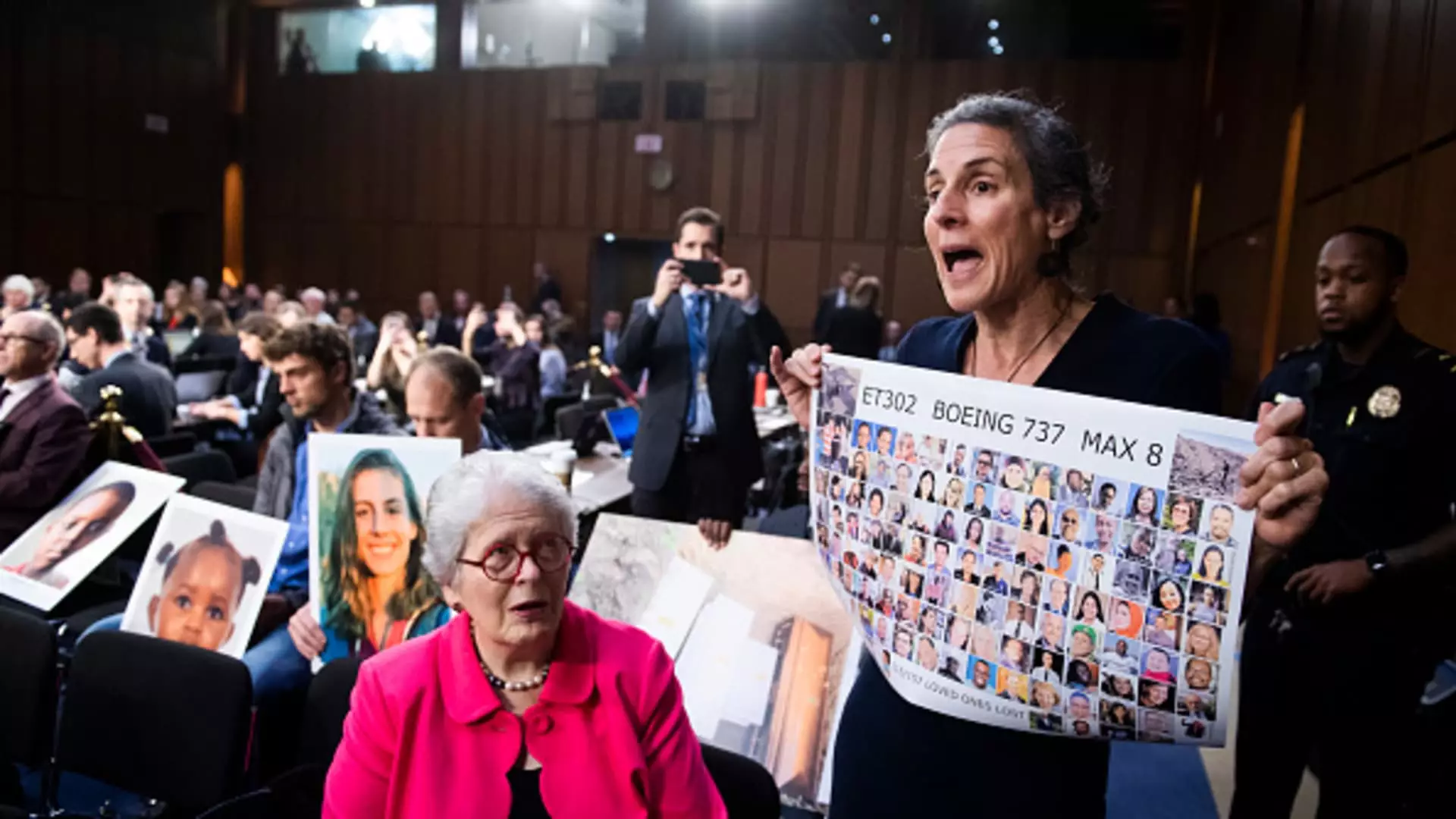Boeing, one of the giants in the aerospace industry, has repeatedly found itself embroiled in controversy following the tragic fatalities associated with its 737 Max aircraft. The situation escalated to a notable point when a federal judge rejected a plea deal that was set to resolve a criminal fraud charge against the company. This news brings to light not only the intricacies of legal accountability in the wake of aviation disasters but also raises questions about systemic factors influencing corporate oversight.
The plea deal at the center of the storm allowed Boeing to plead guilty to the charge of conspiring to defraud the U.S. government by misleading regulators regarding a flight-control system tied to the two fatal crashes—a Lion Air incident in October 2018 and an Ethiopian Airlines event in March 2019. These crashes claimed the lives of all 346 passengers and crew onboard, marking some of the darkest days in modern aviation history.
U.S. District Judge Reed O’Connor of the Northern District of Texas articulated a critical view concerning the proposed conditions of the plea deal, especially regarding the appointment of a government monitor. He emphasized that having a monitor selected based on diversity, equity, and inclusion (DEI) policies could compromise the integrity of the monitoring process. His declaration, stating that “the Court is not convinced… that the Government will not choose a monitor without race-based considerations,” underscores the complex nuances involved in ensuring oversight does not become entangled with social policy.
In a world that increasingly prioritizes diversity, O’Connor’s concerns signal a potential conflict between the principles of non-discrimination and the uncompromising need for accountability in one of the most serious corporate failings in recent times. He insisted that any such appointment must fundamentally prioritize competency over identity politics, emphasizing the need for public confidence in the judicial process.
The skepticism towards the plea deal extended beyond the courtroom, as families of the crash victims voiced their discontent. They felt that the proposed agreement represented a “sweetheart deal,” aimed at shielding Boeing from the full consequences of its actions. Their call for more input into the selection of the monitor further illustrates a demand for transparency and accountability, struggling against a backdrop of corporate impunity.
Erin Applebaum, an attorney representing one of the victim’s families, encapsulated this sentiment by stating that “it’s time for the DOJ to end its lenient treatment of Boeing and demand real accountability.” This statement encapsulates a broader frustration with perceived injustices in corporate governance, highlighting the urgent societal demand for ethical corporate behavior and rigorous enforcement of laws.
The journey toward accountability for Boeing appears fraught with hurdles. The rejections and renegotiations regarding the plea deal signify an unwillingness to allow the company to sidestep the heavy financial and legal repercussions of its actions. The potential penalty of $487.2 million highlighted in the rejected plea deal pointed to the severity of the fallout Boeing has faced since the crashes.
However, O’Connor’s insistence on clarity regarding Boeing’s previous breaches of the Deferred Prosecution Agreement complicates matters. His lack of understanding about these breaches reveals the challenges of holding corporations accountable within a legal framework that sometimes seems designed to protect rather than punish corporate misconduct.
As the Justice Department navigates these complex waters, it must contend with not only the legal dimensions of Boeing’s actions but also the moral ramifications of the decisions it makes. By demanding meaningful consequences, the judiciary can work toward restoring public trust, ensuring that large corporations are not above the law.
The challenges Boeing faces reflect a critical turning point for the company. The ongoing scrutiny not only affects its financial stability but also its reputation in a sector where safety and trust are paramount. With additional incidents from earlier this year reigniting doubts about the 737 Max’s safety, stakeholders await the outcome of potential new regulatory measures and legal consequences.
The failed plea deal could serve as a catalyst for change, both within Boeing and the broader aviation industry. As the implications of this case unfold, its potential to shape future corporate behavior and regulatory frameworks remains significant. Ultimately, the demand for accountability resonates deeply within society and may lead to a necessary transformation aimed at preventing similar tragedies in the future.


Napsat komentář